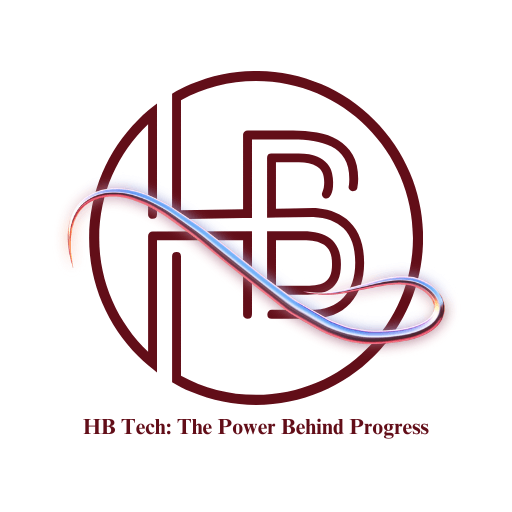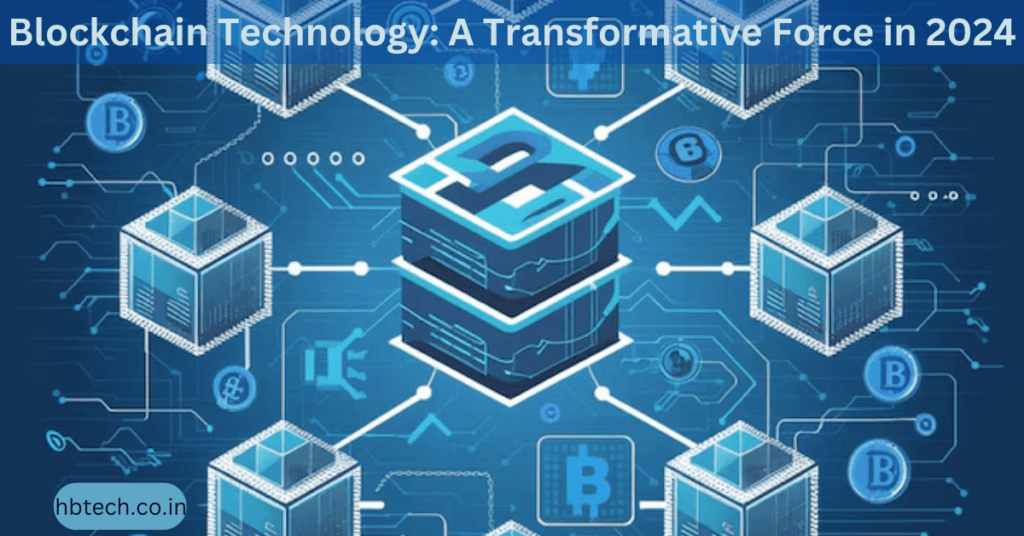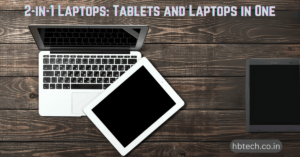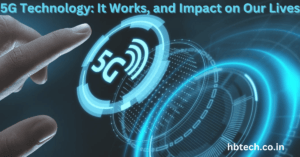Blockchain Technology
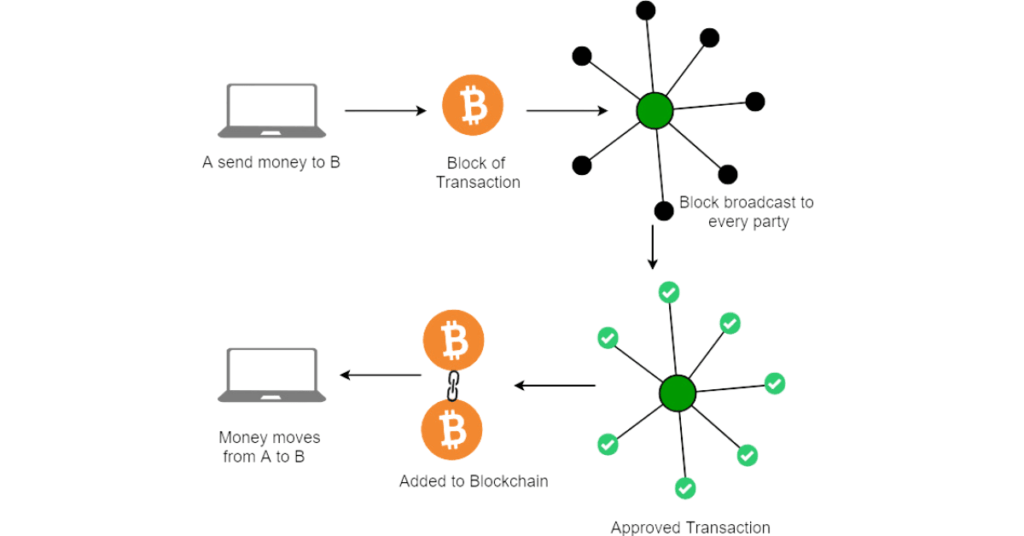
Blockchain technology has come a long way from its early association with cryptocurrencies like Bitcoin. Today, it’s making waves in industries such as finance, healthcare, real estate and more. As we step into 2024, several key trends highlight the evolution of this technology. Let’s take a closer look at six major areas where blockchain is transforming the way we live and work.
Decentralized Finance (DeFi): A New Era for Financial Services
Decentralized Finance, or DeFi, is revolutionizing the financial world by cutting out intermediaries like banks. With DeFi, people can lend, borrow. and trade assets directly through blockchain networks. This means greater transparency, faster transactions, and lower fees. Beyond basic financial services, DeFi is expanding into areas like insurance and asset management, making it a powerful tool for financial inclusion across the globe.
Central Bank Digital Currencies (CBDCs): Digital Money for the Future
Many governments are working on Central Bank Digital Currencies (CBDCs), which are digital versions of traditional currencies. Unlike cryptocurrencies, CBDCs are fully regulated and backed by central banks. These digital currencies make transactions faster, safer. and more efficient. Countries like China and members of the European Union are already testing these systems, aiming to modernize payments and increase financial accessibility.
Blockchain Interoperability: Making Networks Work Together
With so many different blockchains now in use, interoperability—allowing these networks to communicate with each other- is becoming essential. In 2024, developers are focusing on creating systems that let data and assets move smoothly across various blockchain platforms. This connectivity enables businesses to collaborate more easily and opens up opportunities for more complex and scalable applications.
NFT Integration: Rethinking Ownership
Non-fungible tokens (NFTs) are no longer just about digital art. They are being used in gaming, real estate, and even intellectual property to provide proof of ownership and authenticity. Imagine owning a share of a building or rare in-game items in a video game, all securely tracked through blockchain. NFTs are reshaping how we think about owning and trading assets, both digital and physical.
Blockchain-as-a-Service (BaaS): Making Blockchain Accessible
For businesses that want to use blockchain but do not have the resources to build from scratch, Blockchain-as-a-Service (BaaS) is a game-changer. Offered by companies like Microsoft and Amazon, BaaS provides ready-made tools and infrastructure. This makes it easier for organizations to develop blockchain-based solutions for things like supply chain management or healthcare records without worrying about the technical complexities.
Sustainability in Blockchain: A Greener Future
One criticism of blockchain has been its energy usage, especially with systems like Bitcoin’s proof-of-work model. But in 2024, there’s a big push towards greener alternatives, such as proof-of-stake mechanisms, which use significantly less energy. This shift is helping blockchain align with global sustainability goals, making it more environmentally friendly while still offering its unique benefits.
Why Blockchain Matters Now More Than Ever
Blockchain technology is no longer just about digital currencies. It’s a foundational tool that’s reshaping industries and solving real-world problems. From enabling financial access through DeFi to creating a sustainable digital infrastructure, blockchain continues to prove its value.
As we move further into 2024 the focus on interoperability, sustainability, and broader applications like NFTs and CBDCs highlights how this technology is becoming essential in our daily lives. Whether you’re an individual or a business, understanding these trends can help you stay ahead in a rapidly changing digital landscape.
Frequently Asked Questions(FAQs)
What is Decentralized Finance (DeFi), and how does it work?
DeFi refers to a financial ecosystem built on blockchain technology that eliminates the need for traditional intermediaries like banks. It enables users to directly lend, borrow, trade, and manage assets using smart contracts—automated protocols that execute transactions securely and transparently. This makes financial services more accessible, cost-effective, and transparent.
What are Central Bank Digital Currencies (CBDCs), and why are they important?
CBDCs are digital forms of traditional currencies issued and regulated by central banks. Unlike cryptocurrencies, they are backed by government authorities. CBDCs make monetary transactions faster, more secure, and efficient while promoting financial inclusion. Many governments, including those in China and the EU, are piloting CBDCs to modernize payment systems and reduce reliance on physical cash.
What is blockchain interoperability, and why does it matter?
Blockchain interoperability allows different blockchain networks to communicate and exchange data or assets seamlessly. This is crucial as it enables collaboration between different blockchain ecosystems, making applications like cross-chain transactions, multi-token wallets, and scalable dApps possible. Interoperability improves efficiency and fosters innovation in the blockchain space.
How are NFTs being used outside of digital art?
Non-fungible tokens (NFTs) are expanding into areas like gaming, real estate, and intellectual property. For example, NFTs enable gamers to own in-game assets securely, allow fractional ownership of real estate, and serve as proof of ownership for intellectual property. This versatility is changing how we perceive and manage digital and physical assets.
How is blockchain technology addressing environmental concerns?
Blockchain is shifting towards more sustainable practices, such as adopting energy-efficient consensus mechanisms like proof-of-stake. These methods significantly reduce energy consumption compared to older proof-of-work systems. By embracing greener technologies, blockchain is becoming more environmentally friendly while maintaining its functionality and security.
